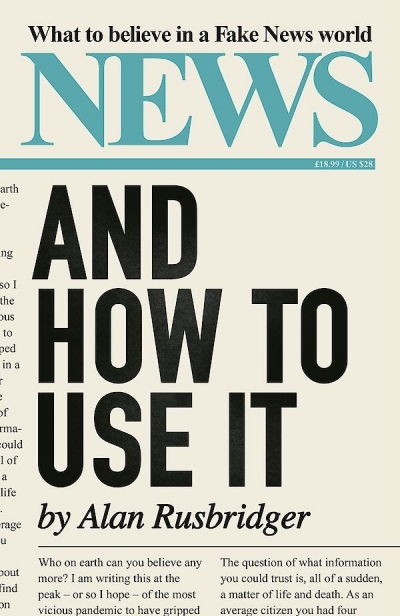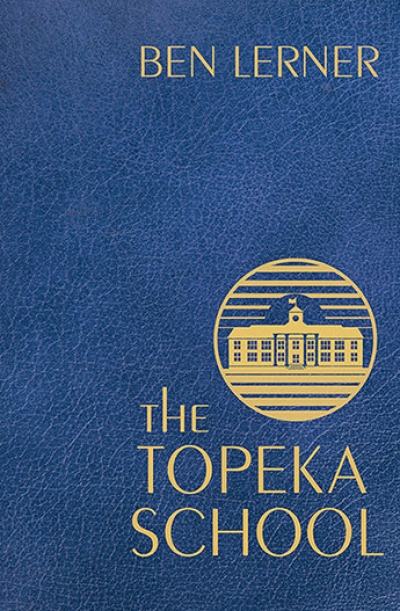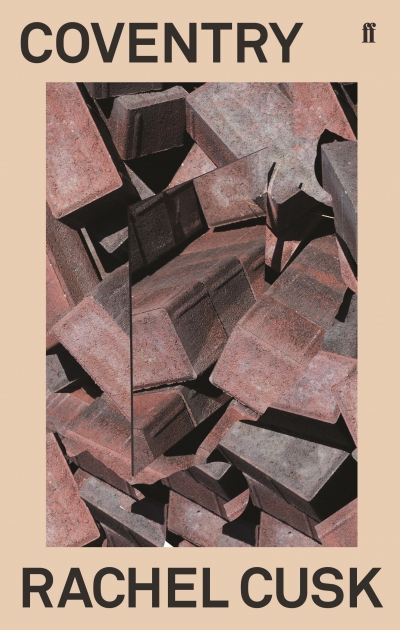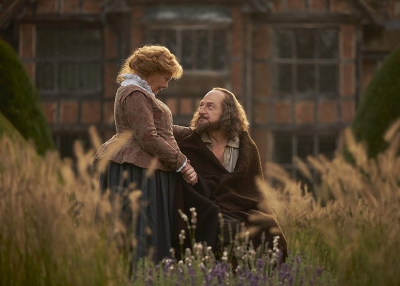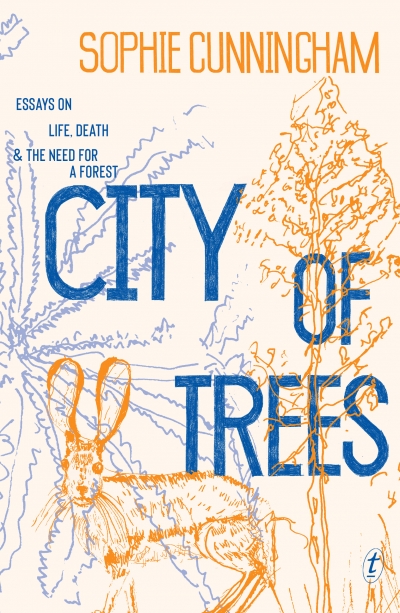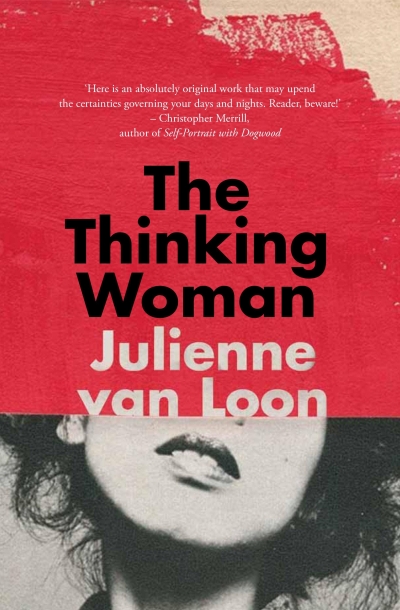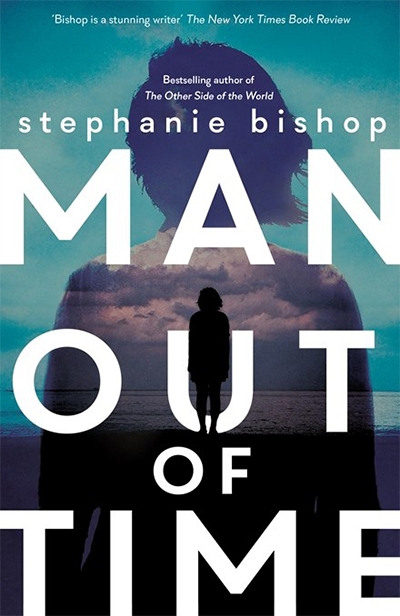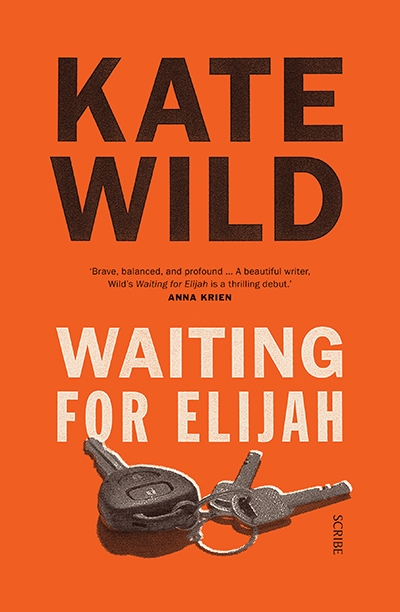Johanna Leggatt
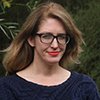
Johanna Leggatt is a Melbourne-based writer and journalist. She has a master of arts from the University of Queensland and was a former online health editor on London’s The Daily Telegraph and sub-editor on The Guardian. She has also previously reported on court cases for Australian Associated Press (AAP) and was a news and features journalist on The Sun-Herald in Sydney.
In early August, deep in the winter of Melbourne’s stage-four discontent, journalist Rachel Baxendale became the story. The Victorian political reporter for The Australian newspaper was attacked online for questioning Premier Daniel Andrews on his government’s hotel quarantine program, as an explosion of new coronavirus infections caused unprecedented economic shutdown and the curtailment of c ... (read more)
Listen to this essay read by the author.
During my first month as a trainee journalist at The Sun-Herald newspaper in Sydney, I went on strike. It was the year 2000, and the newspaper enjoyed a full roster of reporters and photographers dedicated solely to one edition each Sunday, yet even during this well-resourced period there were inklings of the headwinds to come.
The Fairfax (now Nine Ent ... (read more)
Modern US culture has a peculiar love of the extracurricular world of teenagers, valorising the spelling bees, debating competitions, and varsity-level football games of its youth. In Ben Lerner’s new novel, The Topeka School, the interscholastic debating trophy is so sought after that tournaments resemble verbal combat, in which high-school competitors rely on sly technique rather than substanc ... (read more)
Two years before Rachel Cusk published the first novel in her acclaimed Outline Trilogy (2014–18), she wrote a searing account of her divorce, entitled ‘Aftermath: On Marriage and Separation’, which ignited a brouhaha in her homeland, the United Kingdom. The dramatic excoriation of marital life aroused apoplexy among critics and readers; they bristled at Cusk’s subjective and one-sided sto ... (read more)
There is a scene in Kenneth Branagh’s British film, All is True, where the earl of Southampton (Ian McKellen) tells William Shakespeare (Branagh) that The Bard has lived ‘a small life’. As the Southampton points out snidely, there have been no scandals in Shakespeare’s backstory, no drunken gallivanting on the Continent or tempers flaring in taverns over misconstrued sonnets. Yet, as uncon ... (read more)
When Peter Tompkins and Christopher Bird wrote The Secret Life of Plants (1975), many critics labelled their attempt to prove a spiritual link between people and plants as mystical gibberish, with a New York Times review chiding the authors for pandering to charlatans and amateur psychics. The review noted that although Tompkins and Bird made a fascinating case for plant sentience ‘suspende ... (read more)
Novelist and academic Julienne van Loon does not doubt that the thinking woman is ‘alive and well’, but when she scans the (mostly) male names in bookstore philosophy sections and the (mostly) male staff lists of university philosophy departments, she wonders where they are hiding. Some, van Loon contends, were cast out from ‘capital-p Philosophy’ or were never admitted in the first place. ... (read more)
Stephanie Bishop’s third novel, Man Out of Time, her most mature work to date, echoes Virginia Woolf’s psychological realism and the claustrophobic intensity of Elizabeth Harrower’s The Watch Tower (1966). Indeed, an unkind reviewer might compare Bishop’s latest novel to a subtle iteration of domestic noir, where the great threat is the family unit and its overbearing figurehead, although ... (read more)
In a 2017 essay for the Guardian, author Charlotte Wood spoke about the shame artists often feel when they discover a distinguishing characteristic in their work, something that separates them from their cohort. ‘In the beginning, and for a long time, an artist can be most embarrassed by the very thing – sometimes the only thing – that gives her work life and verve. You’re ashamed of it be ... (read more)

